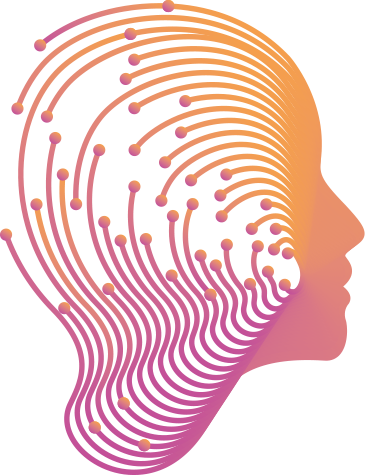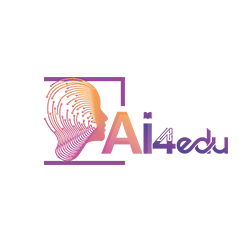
On October 3, 2023, Drumcondra Education Centre hosted the latest installment of the AI4EDU workshops, aimed at introducing educators and students to the role of Artificial Intelligence (AI) in modern education. The event saw active participation from primary and secondary school teachers, students, and stakeholders passionate about integrating AI into teaching and learning practices.
The primary objectives of the workshop were to:
- Introduce teachers and students to fundamental AI concepts.
- Assess participants’ familiarity and interactions with AI in their daily lives.
- Demonstrate the use of AI-powered tools, such as chatbots, in educational contexts.
- Encourage critical analysis through a SCOT framework (Strengths, Challenges, Opportunities, and Threats) regarding AI’s application in education.
The session was facilitated by Dr. Daithi Ó Murchú, PhD, and Mr. Peter Coakley, who collaborated with EU colleagues specializing in AI in education. The workshop lasted between 1-2 hours and incorporated engaging tools such as Mentimeter and questionnaires to gauge participant insights and gather data on their perceptions of AI.
Students demonstrated remarkable confidence and optimism toward AI. They appeared highly comfortable using tools like chatbots and OpenAI in both academic and personal contexts, with no reported fear of technology. Their feedback revealed excitement and high expectations for the potential of AI to transform education and everyday life.
In contrast, teachers exhibited more caution and skepticism toward the integration of AI in classrooms. While many educators expressed a willingness to explore its benefits, approximately 50% reported limited familiarity with AI, emphasizing the need for targeted professional development. Despite initial apprehensions, most teachers acknowledged the inevitability of AI’s role in education and expressed readiness to engage with its potential.
Similar to earlier findings from workshops in Ireland, Sweden, and the Netherlands, there were no significant differences in attitudes toward AI based on nationality. Teachers’ apprehensions and students’ enthusiasm remained consistent across regions.
Future workshops should focus on:
- Designing tailored training for teachers to build confidence in using AI tools.
- Encouraging collaboration between students and educators to co-create AI-driven learning practices.
- Expanding the SCOT framework to include actionable solutions for AI-related challenges in education.




